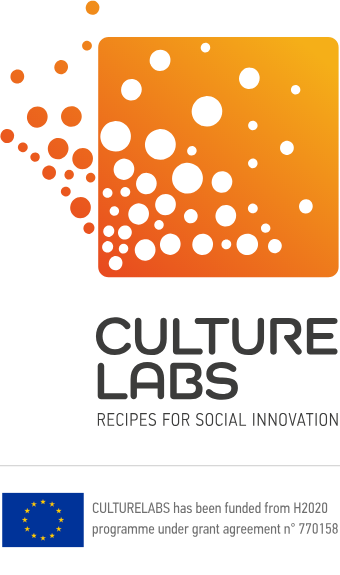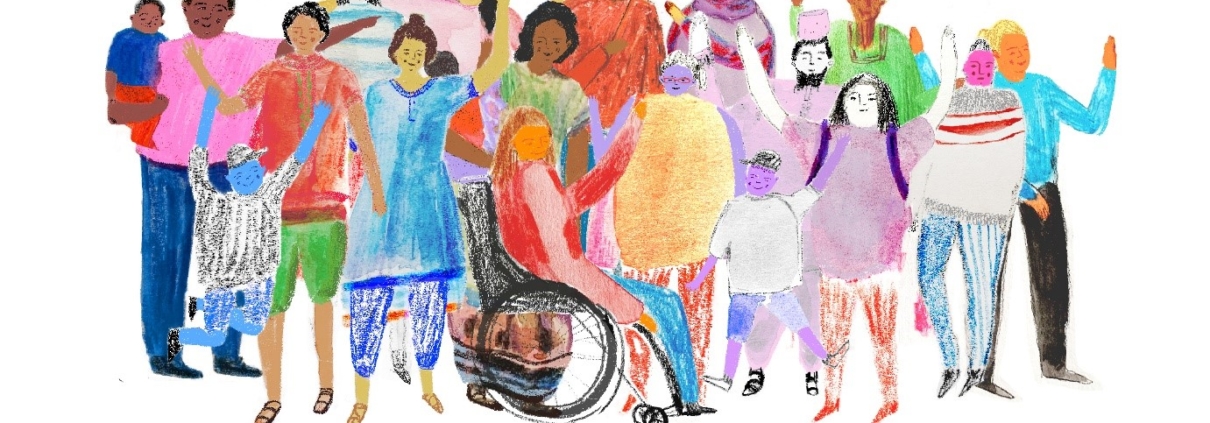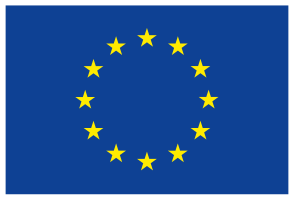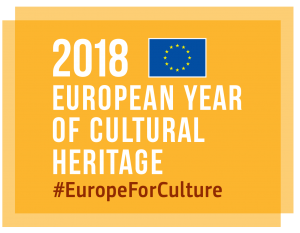What has been the impact of Brexit on immigrant communities in the UK? A work with local migrant and non-migrant communities to explore how we have “more in common”.
The project is creating opportunities for different communities in Greater Manchester to meet, discuss, and explore what they have “in common”.
Who is involved in the activities?
PHM targeted a diverse group of participants that included residents across different migration experiences such as refugees, asylum seekers, second generation migrant communities, naturalised citizens, migrant workers, migrant students, and ‘native’ citizens.
More in Common is an opportunity to work together with the stimulus of Jo Cox – the politician and passionate advocate for multiculturalism murdered by a far-right terrorist, that stated in her maiden speech to Parliament that “we are far more united and have far more in common with each other than things that divide us” – to think about what it means to live in a multicultural Britain today and how Brexit has changed that dynamic and feeling in the country.
The case study is partly envisioned as a celebration of different people’s voices and points of view and partly as a reflection of social and political changes happening. Therefore, it represents an opportunity for participants to have a voice in the creation of cultural heritage and artistic outputs within the museum space to champion diversity and to engage a broader audience within the debate of how much multiculturalism is valued in Britain.
PHM’s existing relationships and collaboration with NGOs and community groups was necessary to help us spread the announcement to recruit participants from a diverse background, among these the Jo Cox Foundation (https://www.jocoxfoundation.org/).
The current group of participants is a mix of age groups and genders, although participants identifying as women are much more than those identifying as men. The ethnicities of participants are also very diverse both within the British people (many come from mixed heritage or minor ethnicity groups in the UK) and non-British participants that include Hong Kong, Poland, Syria, India, DRC, Sierra Leone, France, Iran.
Some of them are asylum seekers or refugees while others have different migration reasons and stories.
Many participants told us after meeting the group that this is probably the most diverse room they have ever been into, but most of them consider themselves to be Mancunians. In the word of one of the participants:
“I am keen to get involved in projects that promote Manchester friendliness and dialogue between different nationalities who made the city their home.”
Manchester has a long heritage of activism and PHM – as well as Jo Cox’s memorial wall – represent the ideas that worth fighting for.
What do the activities consist of?
Following a launch event at the People’s History Museum, people had the opportunity to sign up as project participants. The key messages we used to explain what the project looks like were:
Do you believe that we can live together in a multicultural society without labels? Are you looking for a space to meet a diverse range of people?
Be part of a group getting together at People’s History Museum every fortnight to meet, discuss, and explore what you have in common. You can choose what you want to do and how you will spend the time together.
Working with an amazing facilitator, Magdalen Bartlett, the first 4 fortnightly gatherings are intended to build the group and get to know each other’s interests and skills.
We had clear objectives for those gatherings, however, we kept the plans flexible as we needed to adapt to what we managed to achieve in each session and build on it. The objectives included: getting to know each other; setting ground rules; exploring motivations of participants to get involved; brainstorming suggestions/ ideas for the fortnightly gatherings to be used for voting and making final decisions; introducing the next level of engagement through the smaller groups gatherings, we decided to call them Mini More in Common; and finally, making decisions on how to proceed, both in terms of fortnightly gatherings and the mini groups.
The Mini More in Common was an opportunity for participants to establish smaller groups of who shares a similar interest. Once founded, the mini group will decide their own schedule and frequency of meetings. We managed to start forming these groups before suspending the meetings due to the COVID-19 pandemic.
A glimpse into the future
The journey and experience of the participants will be celebrated and shared with the world in an exhibition in memory of Jo Cox. The exhibition will feature Jo Cox memorial wall with a new virtual memorial wall projected in the exhibition space.
The participants will work alongside museum staff to produce content reflecting their journey together whether through photos, text, personal account, etc.
However, participants will mainly focus on producing their own creative outcome that they’d have developed as part of their mini projects. The type of outcomes is varied: a photo / text collage, oral histories, fabric-based installations, theatre plays. All content will be digitised and a digital exhibition will be launched as a legacy for the project. Finally, as part of the national campaign by Jo Cox Foundation to celebrate Jo’s life, we are hosting a Great Get Together event organised by the project participants.
Discover further details of the pilot on CultureLabs platform: https://recipes.culture-labs.eu/#/workspace/recipes/644






Leave a Reply
Want to join the discussion?Feel free to contribute!